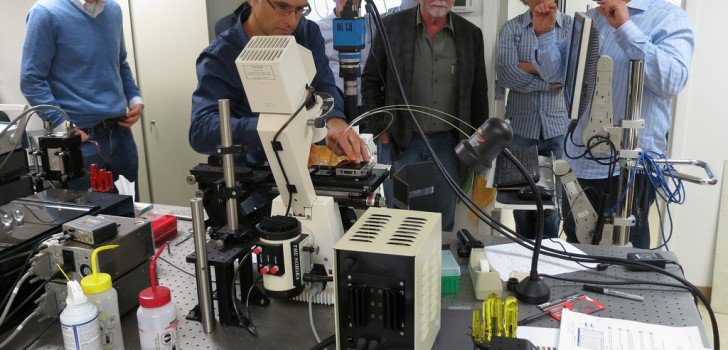While self driving cars are still some years off, America’s yard work is about to get a whole lot easier after U.S. regulators gave robot maker iRobot Corp clearance to make and sell a self driving robotic lawn mower.
Known for its Roomba robot vacuum cleaner, iRobot has created a robotic lawn mower that wirelessly connects with stakes placed in the ground operating as signal beacons. Like its Roomba vacuum robots, the mower cuts the lawn while staying within the beacon stakes.
Europe has enjoyed automated lawn mowers in recent years but in the U.S. competitors only offer hands-free mowers that need underground fences or other complicated safety setups.
But iRobot’s new stake system needed a waiver from the Federal Communications Commission (FCC) to ensure transmissions between its machines and the stakes wouldn’t interfere with other electronics that use the same frequencies.
IRobot’s lawn mower beacons fell in the category of “fixed outdoor infrastructure” transmitting low-power radio signal without a licence, which the FCC usually prohibits.
The company’s waiver request was fought by the National Radio Astronomy Observatory who argued the lawn mowers would interfere with its telescopes. The FCC was unmoved, opting to waive the rules for iRobot because its beacon design will be safe with limitations imposed on signal strength, height and use in residential areas.
“The FCC’s assessment agrees with our analysis that the technology will not have a negative impact on radio astronomy,” said iRobot spokesman in a statement approving of the FCC’s ruling.
“The FCC’s decision will allow iRobot to continue exploring the viability of wideband, alongside other technologies, as part of a long-term product exploration effort in the lawn mowing category.”
Stay Connected